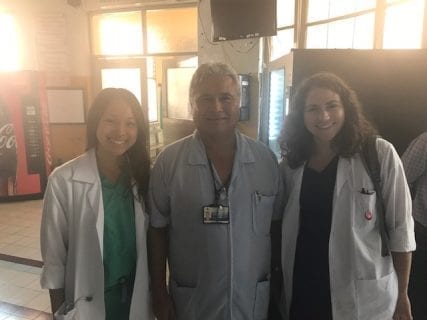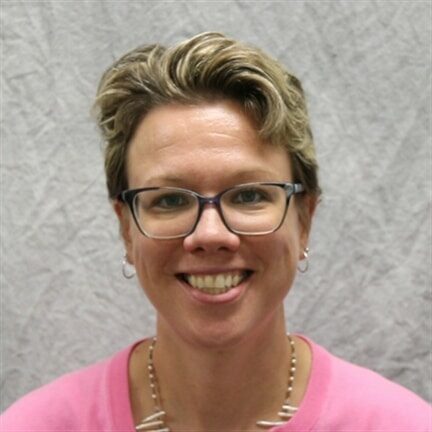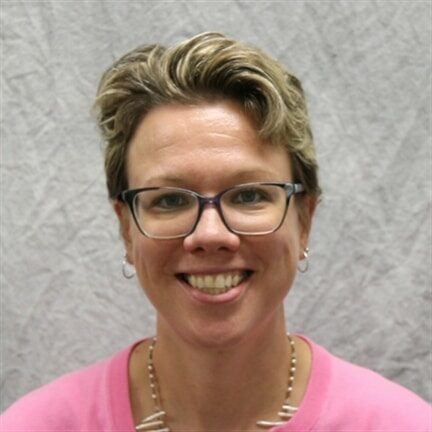Among its global health opportunities for students, Des Moines University has an exchange program with Universidad Peruana de Ciencias Aplicadas (UPC) in Lima, Peru. Each year, a few students from DMU do rotations in Lima, and several medical students from UPC do observerships in Des Moines.

As DMU’s director of global health, I recently made a site visit to UPC where I met with Jeannette Sampe, coordinator of international affairs and exchange in the UPC School of Health Sciences, and other school officials. I toured the campus and several Lima hospitals and met with both UPC and DMU students participating in the exchange program. UPC students Claudia Barreda and Liliana Arriola, who plan to come to Des Moines July 10-Aug. 4, said they want to learn about the health care system and diagnostic procedures in the United States. During their time in Des Moines, they will have rotations in family medicine, which is not a common specialty in Peru.

I also met with DMU students Rachel Hildebrand and Christine Pham, who were doing rotations in obstetrics and pediatrics at San Bartolome Hospital, a public teaching hospital in downtown Lima. Rachel said she enjoyed the opportunity to learn alongside local interns, residents and others and that practicing medicine with limited resources let her hone her clinical skills. Christine described seeing conditions at San Bartolome that she didn’t see often in the United States. She added that her experience of sometimes having difficulty communicating with patients in Spanish had made her more empathetic and understanding when working patients with limited proficiency in English in the U.S.
Global health experiences are important to future health care professionals because they encourage culturally sensitive care and cultural sensitivity in general. As Rachel and Christine noted, they also hone clinical skills and foster empathy, both critical characteristics among health care providers.

